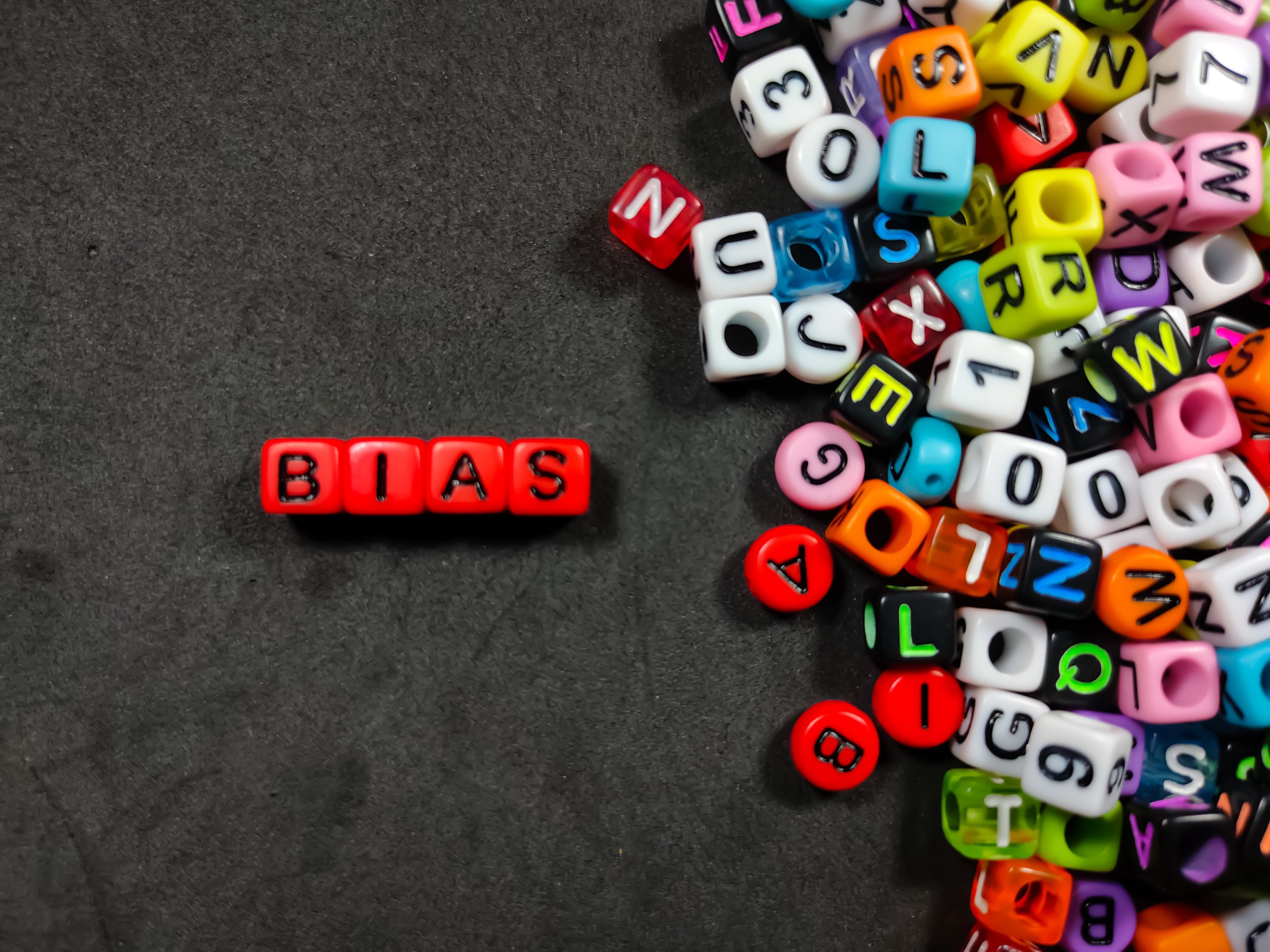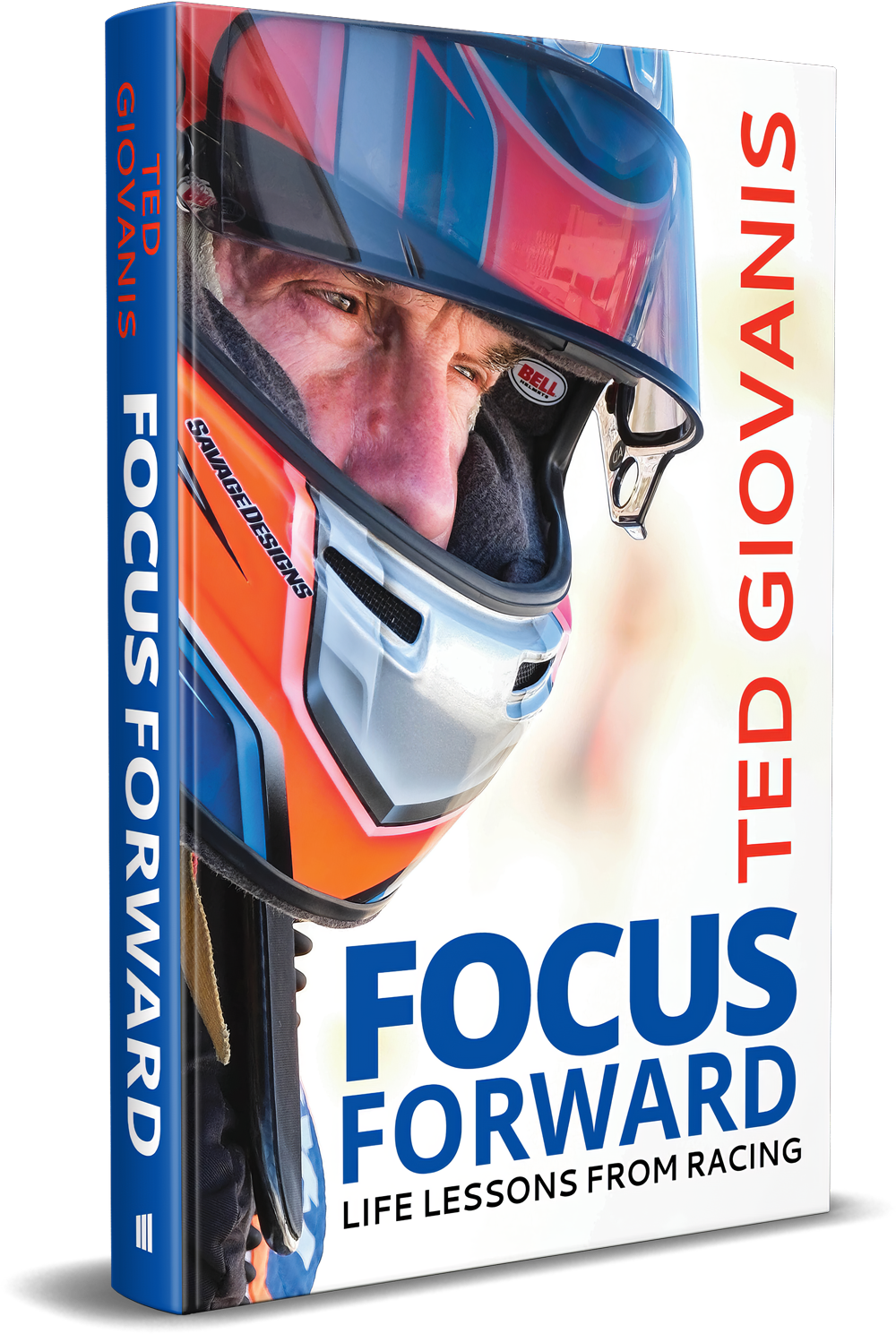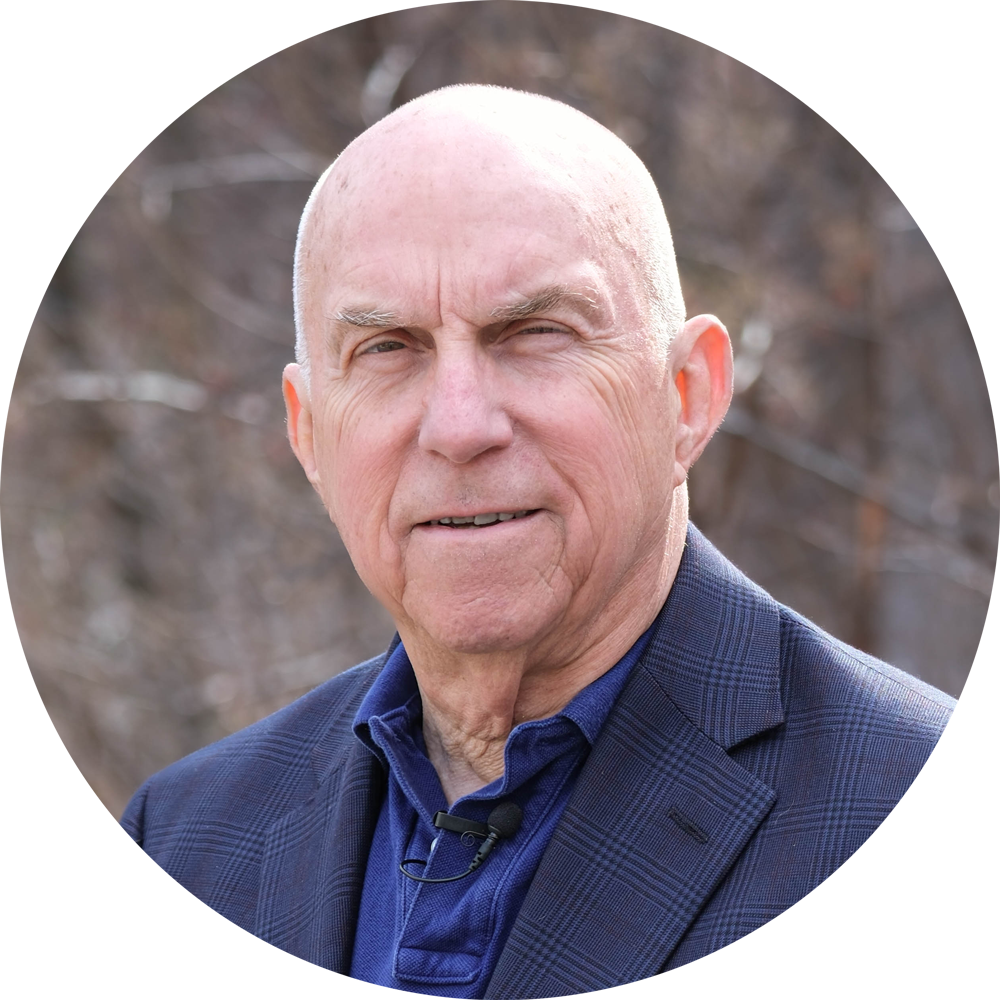
THOUGHT LEADERSHIP
Once people arrive at a certain belief, it’s a very difficult task to change their mind.
Multiple studies have found that when folks are presented with information different from personally held beliefs – rather than process the information logically – the individual becomes even more entrenched in their belief-based opinion or thinking.
But bias is not just a term that covers every type of belief – we have study bias, presentation bias, recipient comprehension bias and presenter credibility bias, and the big one, confirmation bias.
These types of bias influence the information we receive and how we receive it, but rarely do we consider how these biases can wrongly influence what we believe to be true. This, unfortunately, perpetuates problematic discourse.
At a minimum, we should consider the bias of most information we receive, lest we become part of the problem of entrenched belief-derived opinions and be unwilling to change.
So how do we overcome this?
I caution us all from simply accepting everything we hear at face value. Rarely do complex subjects/problems have explanations that are three to four bullet points illustrating their causes or solutions.
We should always question what we hear and read – having that inbuilt skepticism is not a negative trait – it’s a feature that will prove very beneficial for you.
Confirmation bias is the big one that has had a dramatic impact on society today. Now, information is just a click away, and it is extremely easy for you to find information that may agree with your beliefs. And it is very difficult to unravel the difference between correlation and causality. Just because two things are correlated, it does not mean that one caused the other.
If you go back 50 years to the 70s – there was no right or left-wing news – there was just news. The gaps in people’s beliefs were far narrower because most of the information people received portrayed both sides of any story.
Unfortunately, today – whether it be politics, healthcare, theories on COVID, gun laws, abortion, or even who is the best sports team in any particular league – you are one click away from confirmation bias further hardening your viewpoint.

Giovanis shares life learned in the fast lane in inspiring and purposeful new memoir
WASHINGTON, DC (Tuesday, November 7, 2023) - Life comes at you fast when you’re traveling 180 miles per hour. For professional racecar driver Ted Giovanis, it’s also where you can learn the most valuable lessons. After nearly three decades in the driver’s seat,...
The road to becoming a racing driver
I have been interested in cars since I was young. I got my driver’s license when I was 17 but did not really get into cars until I was a little older, around age 20. I was mostly into drag racing until 1971 when I purchased a 1971 Chevrolet Corvette. This is when my...
Dedication of the Giovanis Institute for Translational Cell Biology
Ted Giovanis, leading researchers and University leaders, gathered at the Johns Hopkins Welch Medical Library this week to formally mark the dedication of the Giovanis Institute for Translational Cell Biology – a symbolic first step of this important cancer research...
Ted Giovanis the author
FOCUS FORWARD: Life lessons from racing
Life comes at you fast when you’re traveling 180 miles per hour. For Ted Giovanis, it’s also where you can learn the most valuable lessons. Since becoming a race car driver three decades ago at age forty-six—a ride that is still in overdrive—Giovanis has discovered how the tools of racing and the teamwork within it are applicable to life and business. In forty-eight motivating and, at times, exhilarating chapters, he shares his experience and knowledge.
Buy today:







